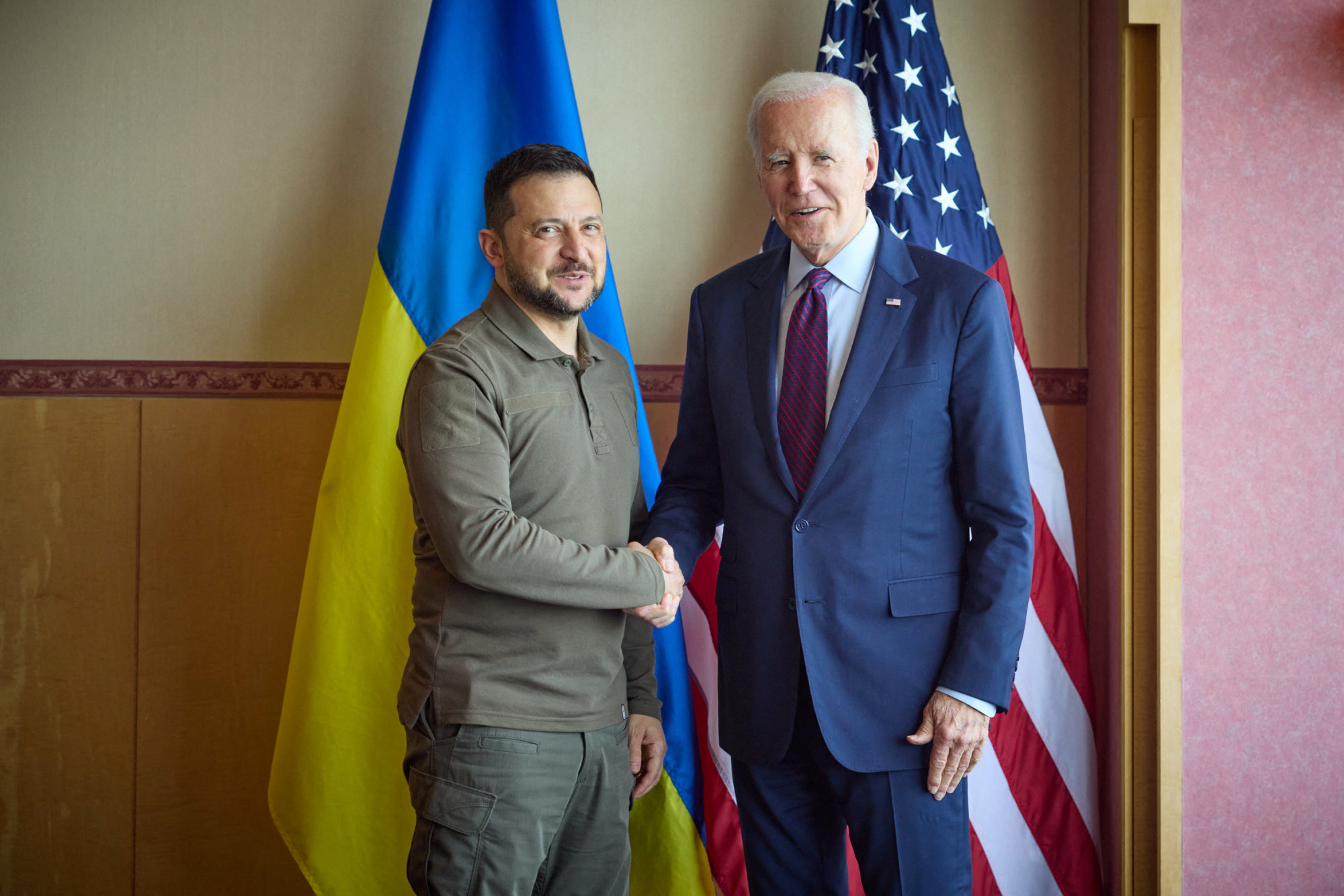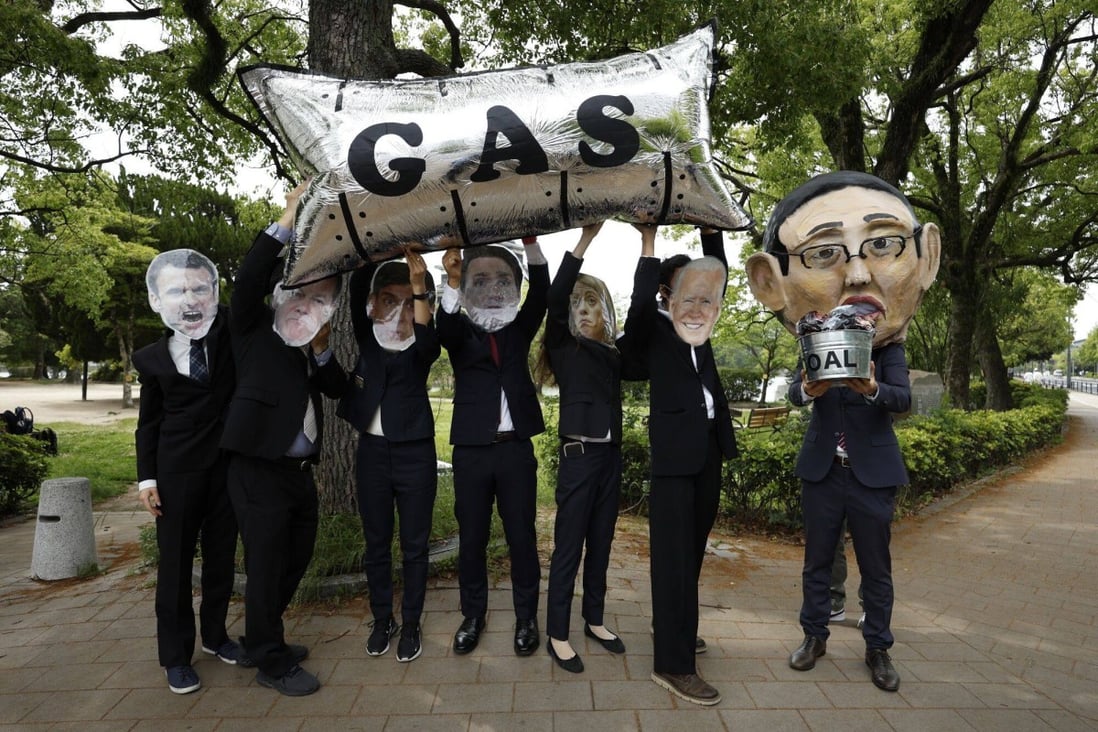As G7 backlash grows, leaders should focus on economic progress, not economic confrontation
- The emphasis among Western powers is shifting from war on poverty, economic inequality, disease and other worthy objectives to economic security and sanctions
- Summits like the G7 have become a stage for political manoeuvring and divisions rather than platforms for dialogue to solve critical global problems
“All the world’s a stage,”
Shakespeare wrote (in As You Like It) and the political posturing and economic brinkmanship some world leaders are indulging in now is certainly theatrical. But it risks more trade, economic or even military confrontations, and, thus, real-life tragedy.
As the drama unfolds, the US-led group of “like-minded” nations attempting to mobilize public opinion in favour of sanctions against Russia (over Ukraine) and China (over Taiwan) also risks losing the applause they seek and ending up being booed.
The backlash has begun and is growing after the Group of Seven advanced nations met at the G7 summit in Hiroshima. These (chiefly Western) powers are now being seen by some as obsessed with “economic security” rather than economic progress.
- The final communique was almost absurdly long (even by the G7’s verbose standards) and attendees would have fallen asleep but for the surprise – and choreographed – appearance of Ukrainian President Volodymyr Zelensky alongside US President Joe Biden.
- This meant inordinate amounts of attention and publicity were given over to the desire for a show of unity (among Western powers and the Global South alike) on the need to uphold sanctions against Russia and deter a mainland Chinese intervention in Taiwan.
The summit endorsed pledges by G7 nations to deal with myriad economic, financial and social problems. Yet, so much time and attention was taken up with issues related to Ukraine, Russia and China that others on the very crowded agenda of the three-day event could only receive scant attention.

Summits are supposed to show that leaders are aware of and dedicated to solving critical global problems. But, instead, they seem to have become a stage for political manoeuvring aimed at giving a spurious impression of unity and common cause among nations with very different views.
The summit ideal of sincere dialogue among world leaders has been hijacked and subjugated to polarising national objectives that retard a genuine reform agenda. In any event, US-led efforts to score points in this regard met with little success in Hiroshima.
The United States “is very keen to rally as many countries as possible to join its side against Beijing but it is also gradually realizing how difficult it is to isolate China”, former UN Security Council president Kishore Mahbubani told Japan Times after the summit. . ."
Opinion continues > SCMP




No comments:
Post a Comment